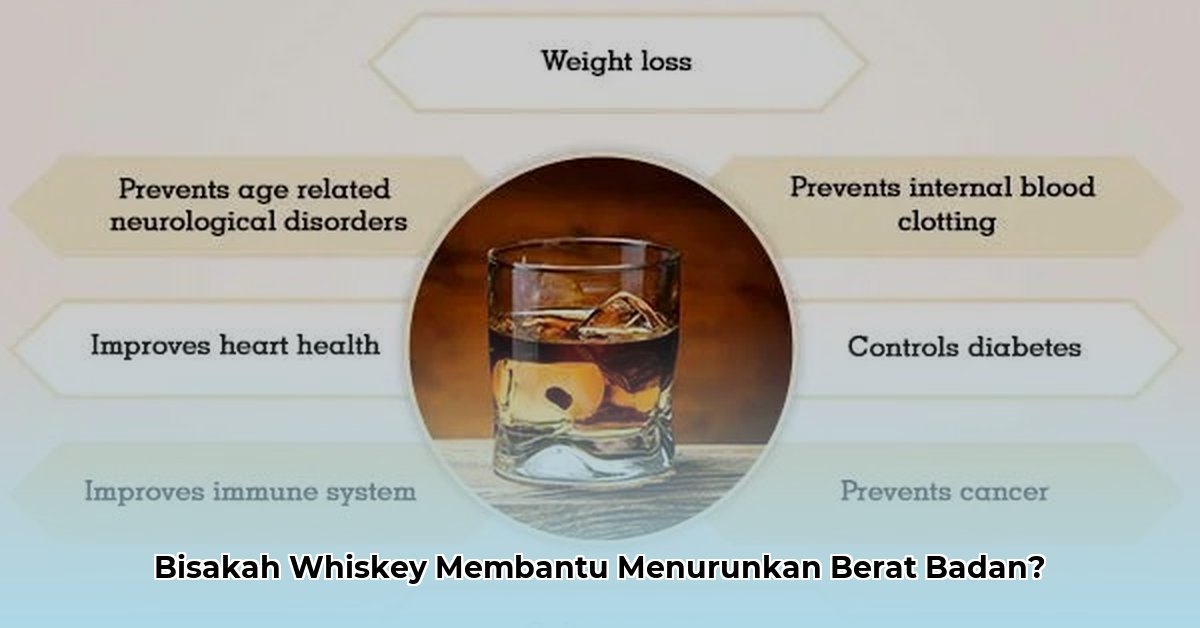
Weight Loss Whiskey: Myths and Potential Benefits
Contrary to popular belief, whiskey may offer potential benefits for weight loss. With its low calorie content and zero carbs or sugar, whiskey can be a low-carb alternative to higher-calorie alcoholic drinks. It also contains ellagic acid, an antioxidant linked to anti-inflammatory properties and reduced risk of obesity. Some evidence suggests that moderate whiskey intake may even boost metabolism, leading to increased calorie burn.
Unleashing the Potential of Ellagic Acid
Whiskey, particularly single malt varieties, is a rich source of ellagic acid. This antioxidant has been known to combat inflammation, a significant contributor to obesity. By neutralizing free radicals and protecting cells from damage, ellagic acid may reduce inflammation and promote overall well-being. However, more research is needed to determine the direct impact of whiskey’s ellagic acid on weight loss.
Moderate Consumption: The Key to Unlocking Benefits
While whiskey may have certain potential benefits, it’s crucial to remember that it is still alcohol and should be consumed in moderation. Excessive alcohol consumption can have negative health consequences, including weight gain. For women, the recommended daily limit is one to two drinks, while for men, it’s two to three drinks.
Incorporating Whiskey into Your Weight Loss Strategy
If you’re considering using whiskey as part of a weight loss plan, here are some tips:
- Choose low-calorie mixers, such as club soda or water, instead of sugary drinks.
- Limit your consumption to the recommended daily limit.
- Consider using whiskey as a substitute for higher-calorie alcoholic beverages.
- Remember that whiskey contains calories, so factor it into your overall calorie intake.
Conclusion
Whiskey, consumed in moderation, may offer potential benefits for weight loss, including low calories, zero carbs or sugar, and anti-inflammatory properties. However, it’s important to approach its consumption with caution and consult a healthcare professional before making significant dietary changes.